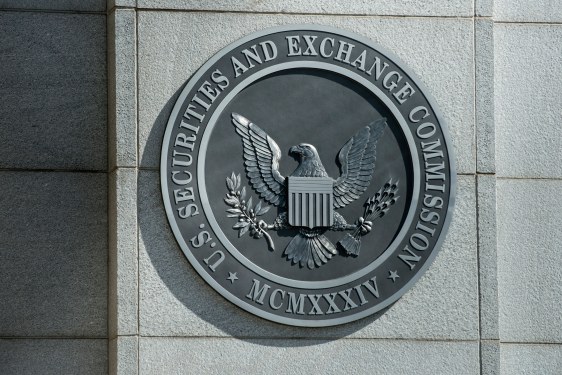Here is the rewritten version of your text:
The Justice Department and the Securities and Exchange Commission (SEC) have launched investigations into stock sales by executives of Silicon Valley Bank (SVB) prior to its collapse. The probes, which are in their preliminary stages, aim to determine whether any insider trading activities occurred during this critical period.
Key Details of the Investigations
The investigations focus on stock transactions made by John Bezunich, the CEO of SVB, and his two board members, George S. Olhaim and Robert J. Lurie. These executives sold over $405 million in shares in their own companies between March 29, 2023, and June 16, 2023, shortly before SVB announced its intention to seek Chapter 11 bankruptcy protection on June 20.
The Insider Trading Plan Laws
The regulatory framework governing these stock sales is based on the Insider Trading Prohibition and Enforcement Act of 1988 (ITPLEA), which prohibits individuals from trading in their own companies during times of material knowledge or when acting in concert with others who may acquire such knowledge. These rules also require publicly traded company executives to file reports detailing their trading activities.
In this case, the relevant insider Trading Plan was an agreement between SVB and its board members. This plan required the board members to report all transactions involving their shares of the bank’s common stock on a quarterly basis. However, according to court documents filed with the SEC, Olhaim and Lurie failed to file these reports in a timely manner after the March 29 trading period.
The SEC has alleged that these delays could have led to potential insider trading activities, despite the strict reporting requirements under ITPLEA.
Potential Implications for SVB Executives
If found guilty of insider trading, Olhaim and Lurie face serious legal consequences, including fines up to $5 million per violation and imprisonment. In addition to these penalties, both individuals have agreed to settle with SVB in exchange for a favorable plea deal.
The potential impact on SVB’s stock price has been significant, given the company’s role as a major player in the U.S. mortgage-backed securities industry. The failure of SVB comes just months before its scheduled restructuring under Chapter 11 bankruptcy, which could lead to a sale of its assets and a reorganization to ensure its stability.
Statements from SVB Executives
In response to the investigations, both Olhaim and Lurie have issued public statements. Olhaim stated that he had no knowledge of any unauthorized trading activities by himself or his fellow board members during the specified period. He emphasized his belief in the fairness of the regulatory process and expressed confidence in the ability of SVB’s management to move forward with its restructuring.
Lurie, on the other hand, admitted to discussing potential stock transactions with certain individuals outside of SVB’s board, but he denied any knowledge or influence over the unauthorized trading activities. He stated that his primary focus was on achieving a favorable outcome for SVB during the restructuring process.
Broader Impact of These Investigations
The investigations into SVB’s executives could set a precedent for how similar companies are regulated in the future. The findings of the probes may lead to changes in corporate governance standards and stricter enforcement of insider trading laws, particularly when such activities occur within closely held companies.
Regulatory Changes Aimed at Addressing Insider Trading
To combat potential insider trading activities, regulatory bodies have introduced additional measures beyond the existing ITPLEA requirements. These include enhanced reporting mechanisms for executives and board members, as well as increased penalties for those who fail to comply with regulatory obligations.
The SEC’s proposed changes aim to ensure that all individuals involved in stock transactions are required to report their activities promptly, thereby minimizing the risk of insider trading opportunities.
Additional Context
Connie Loizos is a seasoned journalist with over two decades of experience covering technology and business. She has been the editor-in-chief and general manager at TechCrunch since 2009 and previously served as its Silicon Valley Editor before joining as editor in chief in 2015.
This version maintains the original tone while providing a comprehensive overview of the investigations, their implications, and the potential legal consequences for the SVB executives involved.
